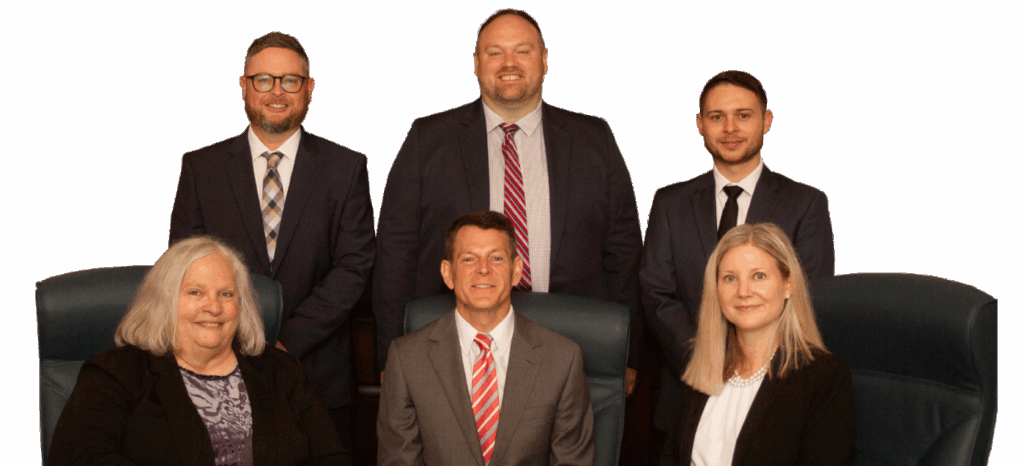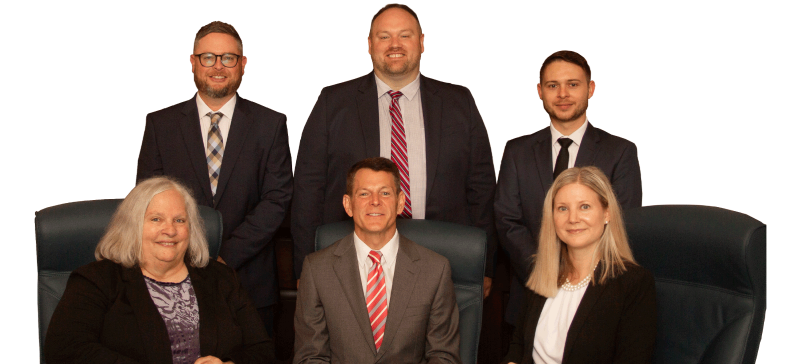
We hear a lot about how social media can impact employment. By now, most adults understand that potential and current employers may review their social media and web content to ensure they are someone they want to employ (or want to continue to employ). Something we hear less about is the ways insurance companies use your social media and web information to attempt to limit or deny your injury claim.
When an Update is More Than an Update
Oh yes, one simple post can completely destroy your chances at appropriate compensation for your injury! The worst part is it doesn’t even have to be your own post or information you put online yourself. So what are the risks and how can you protect yourself?
There are many social media sites and popular apps used by millions of people on a daily basis to stay in touch and communicate with others. When it comes to being hazardous to your personal injury claim, they all have risks. A few, however, are more likely to cause problems for someone who has been injured in an accident and are seeking compensation. Facebook, Instagram, and Twitter are three apps that are used primarily to chronicle one’s life, experiences, and/or thoughts. For this reason, they tend to be the social media most likely to impact a personal injury case.
With well over a billion users, Facebook will often be the first source an insurance company looks to for information on a claimant. Whether you are posting pictures of your activities after an accident or making statements about your accident directly, it’s important to understand the information can be used against you. Jokes between friends, even if full of sarcasm and clearly made with humorous intent, can also impact your claim. Remember, the truth of what you intended or what you were REALLY chronicling on social media is not nearly as important as how those things appear. If your social media updates give any reason for an insurance company, attorneys, or judge to question the honesty and sincerity of your claim, you’re in trouble.
Of course, YouTube, LinkedIn, Foursquare, and any other web tool used for “checking in,” keeping notes, or posting photos or videos can also convey the wrong message to insurance companies. So how can you ensure you don’t jeopardize your case?
Never post details about your accident to the web. This includes written, photographic, or video details. Save this for your attorney.
Remove old posts that may point to another reason for your injury or raise questions about the newness of the injury. Even if you were only complaining about migraines you’ve had for 20 years, an insurance company can use that information to try and show your post-accident head and neck problems may not be a result of the accident.
Increase your privacy settings. If your profile is public, now is the time to change that. It’s also important to make sure your settings require your approval for friends to post information or pictures on your wall or in which they are tagging you.
When in doubt, Google yourself. Everyone should know what shows up when they Google themselves. If you see anything concerning or that could be used against you, share this information with your attorney, so they can determine the potential impact on your case.
Consult an Experienced Attorney
The complexities of a personal injury case vary, but there are so many moving pieces that we always recommend consulting with an attorney. Unfortunately, a single small misstep can wreak havoc on your accident claim. The personal injury lawyers at Rhoads & Rhoads have a long history of representing clients with great care and success, and we can help you recover costs for medical bills, lost wages, pain and suffering, and more. Call us today at 888-709-9329.


